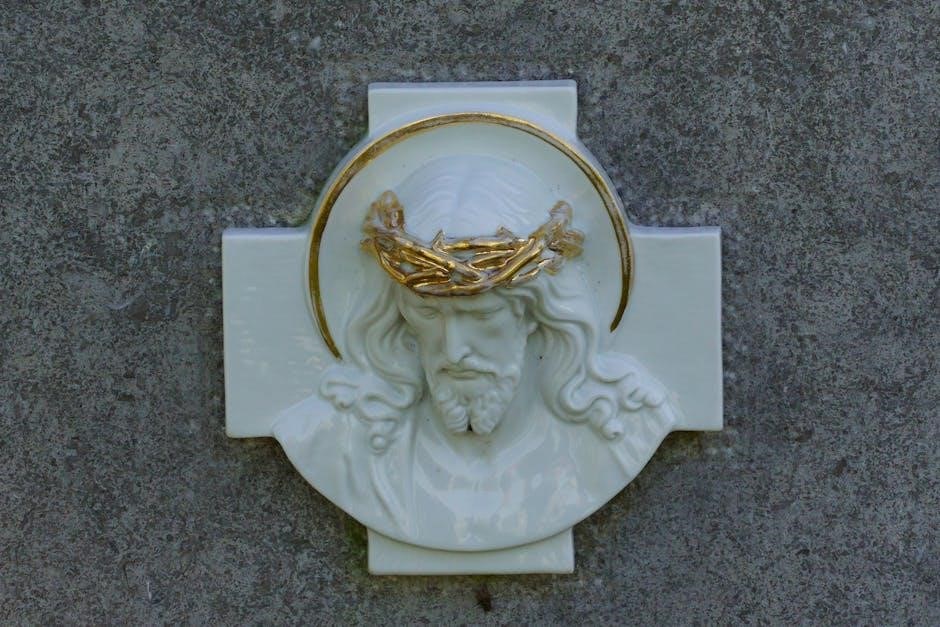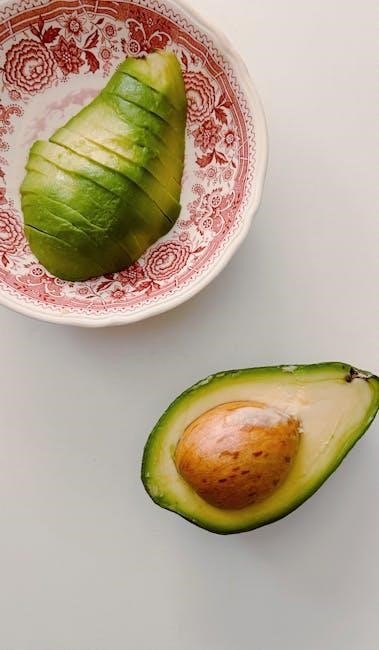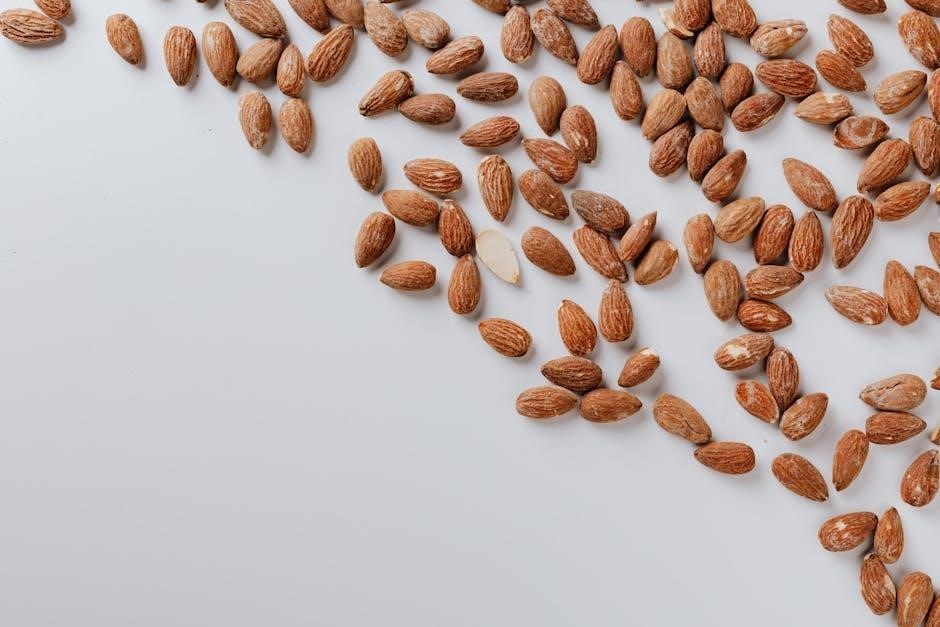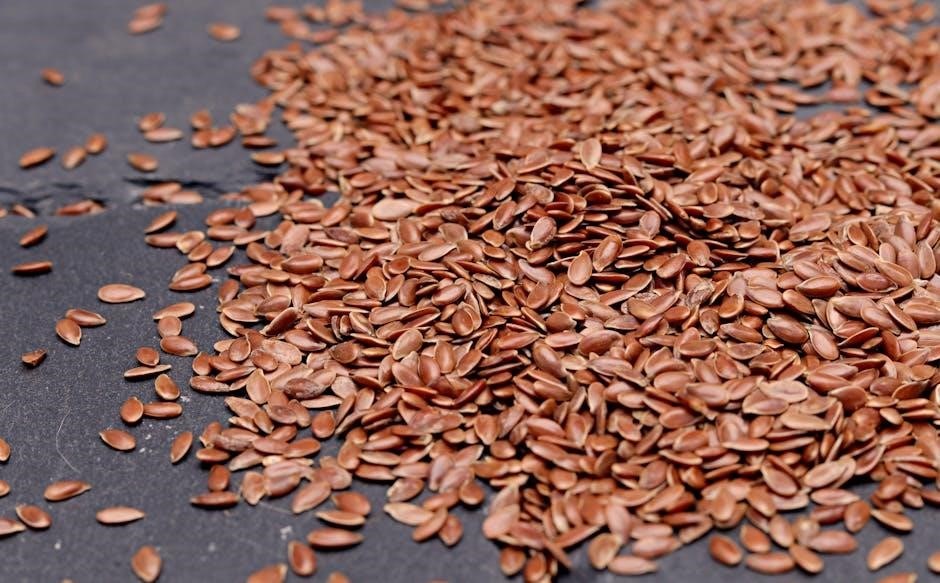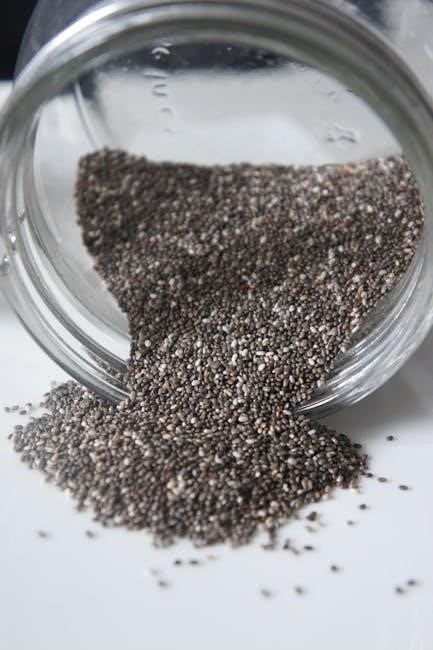Profession of Faith: A Catholic Perspective
The Profession of Faith, often starting with the Nicene Creed, outlines core Catholic beliefs. It’s a declaration of faith in God, Jesus Christ, and the Holy Spirit. This profession reflects truths the Church has deepened over time, guided by the Holy Spirit, to fully understand God’s revelations.

The Profession of Faith, a cornerstone of Catholic life, represents a solemn declaration of belief in the fundamental tenets of the faith. It’s more than a mere recitation of words; it is an embrace of God’s revealed truth and a commitment to living in accordance with those truths. This act of faith is a response to God’s invitation to know and love Him, a journey of understanding that deepens over time through prayer, study, and the guidance of the Holy Spirit.
The Profession of Faith, often expressed through creeds like the Nicene Creed, serves as a unifying force within the Catholic community, connecting believers across cultures and generations. It’s a public affirmation of shared convictions, strengthening the bonds of faith and fostering a sense of belonging. This declaration is not static but a living expression of belief that evolves with personal and communal growth in faith.
The Nicene-Constantinopolitan Creed
The Nicene-Constantinopolitan Creed, often simply called the Nicene Creed, stands as a definitive statement of Christian belief, particularly within the Catholic Church. Developed at the Councils of Nicaea (325 AD) and Constantinople (381 AD), this creed addresses key theological questions and clarifies essential doctrines regarding the nature of God, the divinity of Jesus Christ, and the role of the Holy Spirit. It serves as a concise summary of core Christian convictions, providing a framework for understanding the mysteries of the faith.
This creed is not merely an ancient text; it is a living expression of faith recited regularly during Mass and other liturgical celebrations. Through its words, Catholics profess their belief in one God, the Father Almighty, and in Jesus Christ, His only Son, who was incarnate, crucified, and resurrected for our salvation. The creed also affirms belief in the Holy Spirit, the Lord, the giver of life, who proceeds from the Father and the Son. The Nicene Creed is a powerful testament to the enduring truths of the Catholic faith.

Key Elements of the Nicene Creed
The Nicene Creed, a cornerstone of Catholic belief, encompasses several key elements that define the Christian understanding of God and salvation. At its heart lies the affirmation of one God, the Father Almighty, creator of heaven and earth. This declaration establishes the monotheistic foundation of Christianity, distinguishing it from polytheistic religions. The creed then focuses on Jesus Christ, the only Son of God, eternally begotten of the Father, emphasizing His divine nature and His role as Savior.
Central to the creed is the belief in Jesus’ incarnation, His suffering, death, and resurrection, all for the sake of humanity’s redemption. The creed further articulates the belief in the Holy Spirit, the third person of the Trinity, who proceeds from the Father and the Son and is worshipped and glorified alongside them. These key elements, intricately woven together, form a comprehensive statement of faith that guides Catholic understanding and practice, shaping their relationship with God and the world.
Belief in One God
The bedrock of the Catholic faith, as proclaimed in the Nicene Creed, is the unwavering belief in one God, the Father Almighty. This belief, central to both Judaism and Christianity, distinguishes itself from polytheistic beliefs prevalent in other religions. God is understood as the ultimate creator, the maker of heaven and earth, of all things visible and invisible. This encompasses the entire universe and everything within it, signifying God’s absolute power and authority.
Furthermore, this one God is not a distant or detached being but is intimately involved in the world and the lives of humanity. God’s omnipresence, omnipotence, and omniscience are fundamental attributes, reflecting His eternal and unchanging nature. Catholics understand this God through the revelation of Scripture and Tradition, seeking a deeper relationship through prayer, sacraments, and acts of charity. The belief in one God serves as the foundation for all other Catholic doctrines, shaping their understanding of existence and purpose.
Belief in Jesus Christ
Central to the Profession of Faith is the belief in Jesus Christ, the Only Begotten Son of God. This belief asserts that Jesus is not merely a prophet or a wise teacher, but is divine, being “God from God, Light from Light, true God from true God.” He is eternally begotten of the Father, meaning He existed before all ages, sharing the same divine nature as the Father. The Creed emphasizes that Jesus was “begotten, not made,” distinguishing Him from created beings and affirming His unique relationship with God.
Moreover, Catholics believe that Jesus Christ became incarnate, taking on human flesh through the Virgin Mary, for the salvation of humanity. He lived, suffered, died, and rose again, conquering sin and death. This Paschal Mystery is the core of Christian faith, offering the hope of eternal life to all who believe in Him. The belief in Jesus Christ shapes Catholic morality, spirituality, and their understanding of God’s love for humanity.
Belief in the Holy Spirit
The Profession of Faith includes a firm belief in the Holy Spirit, the third Person of the Holy Trinity. The Holy Spirit is not merely a force or an influence, but a distinct divine Person, proceeding from the Father and the Son. As such, the Holy Spirit shares in the same divine nature and majesty as the Father and the Son, being equally God. The Church believes that the Holy Spirit was sent by Jesus Christ to guide believers into all truth, as promised in the Gospels. The Spirit empowers the Church, sanctifies believers, and inspires them to live holy lives.
Catholics recognize the Holy Spirit’s presence and activity in the sacraments, particularly in Baptism and Confirmation. Through Baptism, believers are cleansed from sin and receive the Holy Spirit, becoming adopted children of God. In Confirmation, the Holy Spirit strengthens believers, empowering them to witness to Christ and to live out their faith courageously. The Holy Spirit is the source of spiritual gifts, enabling believers to serve one another and to build up the Body of Christ, the Church.
The Importance of the Profession of Faith
The Profession of Faith holds immense importance within the Catholic Church, serving as a fundamental expression of core beliefs and a unifying force for the faithful. It represents a public declaration of commitment to the essential doctrines of the Catholic faith, as articulated in the Nicene Creed and other authoritative teachings. This act of profession strengthens individual faith and reinforces the collective identity of the Catholic community worldwide. By reciting the Creed, Catholics align themselves with a rich tradition spanning centuries, affirming their adherence to the same truths that have guided believers throughout history.
Moreover, the Profession of Faith serves as a critical component in various liturgical and sacramental contexts. It is an integral part of the initiation rites, such as Baptism and Confirmation, signifying the individual’s acceptance of the faith and incorporation into the Church. The Creed also plays a significant role in the ordination of deacons, highlighting their commitment to upholding and teaching the Church’s doctrines. The public declaration of faith fosters a sense of belonging and shared purpose among Catholics, reinforcing their commitment to living out their faith in daily life. It acts as a reminder of the core principles that shape their worldview and guide their actions.
When is the Profession of Faith Made?
The Profession of Faith is solemnly proclaimed at significant moments within the Catholic life, marking key transitions and commitments. It’s a central element during the Sacrament of Baptism, where individuals, or their parents/godparents on their behalf, declare their belief in the core tenets of the Catholic faith as they enter into the Christian community. Similarly, the Profession of Faith is a vital part of the Sacrament of Confirmation, where those who have been baptized reaffirm their faith and receive the gifts of the Holy Spirit to strengthen them in their Christian journey.
Furthermore, the Profession of Faith is made during the Ordination of Deacons, signifying their dedication to serving the Church and upholding its teachings. It is also required of those who teach in a Catholic school, ensuring their commitment to transmitting the faith to future generations. These instances underscore the importance of publicly professing one’s belief in the Catholic doctrines and living in accordance with them. The act of publicly stating one’s faith serves as a powerful witness and strengthens the individual’s resolve to live a life guided by Catholic principles.
Baptism
Baptism marks the initial entry into the Christian faith, and the Profession of Faith plays a crucial role in this sacrament. For infants, parents and godparents profess the faith on their behalf, promising to raise the child in accordance with Catholic teachings. This act signifies their commitment to nurturing the child’s spiritual growth and guiding them towards a life rooted in the Gospel. The Profession of Faith at Baptism is a solemn declaration of belief in God the Father, Jesus Christ His Son, and the Holy Spirit, the core of the Christian Trinity.
For adults seeking baptism, the Profession of Faith is a personal affirmation of their acceptance of the Catholic faith. It represents a conscious decision to embrace the teachings of the Church and to live a life transformed by the grace of God. This profession often occurs after a period of instruction and reflection, signifying a deep understanding and commitment to the principles of the Catholic faith. The act of professing faith at Baptism symbolizes a new beginning, a cleansing from sin, and a welcoming into the community of believers. It sets the foundation for a lifelong journey of faith and discipleship.
Confirmation
Confirmation is a sacrament in the Catholic Church that strengthens and deepens the grace received at Baptism. As part of the Confirmation rite, candidates publicly profess their faith, often renewing the baptismal promises made for them (if they were baptized as infants) or affirming their own belief. This Profession of Faith signifies their mature commitment to Christ and the Church. It is a declaration that they willingly embrace the responsibilities of a Christian life and seek to live according to the teachings of the Gospel.
The Profession of Faith during Confirmation is more than just reciting words; it is a heartfelt expression of one’s personal relationship with Jesus Christ. It demonstrates a desire to be more closely united with Him, to receive the fullness of the Holy Spirit, and to actively participate in the mission of the Church. Through Confirmation, individuals are empowered to witness to their faith, to defend it against challenges, and to live as faithful disciples in the world. The sacrament and the profession solidify their bond with the Catholic community.
Ordination of Deacons
The ordination of deacons within the Catholic Church is a significant event marked by a formal Profession of Faith. This public declaration underscores the deacon candidate’s adherence to the Church’s teachings and his commitment to upholding its doctrines. Before receiving the sacred order, the candidate professes their faith, affirming their belief in the articles of faith as articulated in the Nicene Creed and other authoritative sources. This profession is not merely a formality, but a sincere expression of the candidate’s inner convictions and his willingness to serve God and His people according to the Church’s precepts.
The Profession of Faith during the ordination of deacons serves as a solemn pledge to faithfully carry out the duties and responsibilities associated with the diaconate. It signifies the deacon’s alignment with the Church’s mission and his dedication to assisting the bishop and priests in their ministry of service. By publicly professing their faith, deacons demonstrate their readiness to embrace a life of humility, obedience, and selfless service, becoming living witnesses to the Gospel in their words and actions. The profession thus solidifies their role as leaders within the community.
Teaching in a Catholic School
For individuals aspiring to teach within a Catholic school, a Profession of Faith is an essential component of the application process. This requirement ensures that educators are not only academically qualified but also deeply committed to the Catholic faith and its values. The Profession of Faith serves as a public declaration of one’s belief in the core tenets of Catholicism, including the Holy Trinity, the divinity of Jesus Christ, and the teachings of the Church as articulated in the Nicene Creed. It signifies a personal alignment with the school’s mission to provide students with a comprehensive education rooted in faith.

The act of professing one’s faith demonstrates a willingness to uphold and promote Catholic values within the classroom and throughout the school community. Teachers in Catholic schools are expected to serve as role models, embodying the principles of love, compassion, and service that are central to the Gospel message. By making a Profession of Faith, educators affirm their commitment to integrating faith into all aspects of their teaching, fostering an environment where students can grow in their understanding of God and their relationship with Him. This ensures a consistent faith-based experience.
The Oath of Fidelity
Complementary to the Profession of Faith, the Oath of Fidelity is a formal pledge undertaken by individuals holding specific roles within the Catholic Church. This oath signifies a commitment to uphold the teachings and doctrines of the Church, as well as to adhere to its canonical laws and regulations. The Oath of Fidelity is typically required of clergy members, religious educators, and those in positions of authority within Catholic institutions. It serves as a public affirmation of their loyalty to the Church and their dedication to fulfilling their responsibilities in accordance with its principles.
The oath involves a solemn promise to maintain communion with the Catholic Church, both in its teachings and its governance. It also includes a pledge to diligently safeguard the deposit of faith, which is the body of revealed truth entrusted to the Church by Jesus Christ. The Oath of Fidelity underscores the importance of fidelity to the Magisterium, the teaching authority of the Church, and a commitment to faithfully transmit the Catholic faith to future generations. It represents a dedication to serving the Church with integrity and obedience.
The Profession of Faith and the Catechism of the Catholic Church
The Profession of Faith is intrinsically linked to the Catechism of the Catholic Church, which serves as a comprehensive resource for understanding Catholic doctrine. The Catechism elaborates on the truths contained within the Nicene Creed, providing detailed explanations of each article of faith. It offers a systematic presentation of the essential and fundamental content of Catholic teaching, covering faith, sacraments, moral life, and prayer.

The Catechism acts as an authoritative guide for those seeking to deepen their understanding of the Profession of Faith. It clarifies the meaning of key concepts, addresses common questions, and provides insights into the historical and theological context of Catholic beliefs. By consulting the Catechism, individuals can gain a richer appreciation of the Profession of Faith and its implications for their lives. The Catechism reinforces the Profession of Faith and promotes a more profound comprehension of Catholic teachings, nurturing a stronger connection with the Church.
